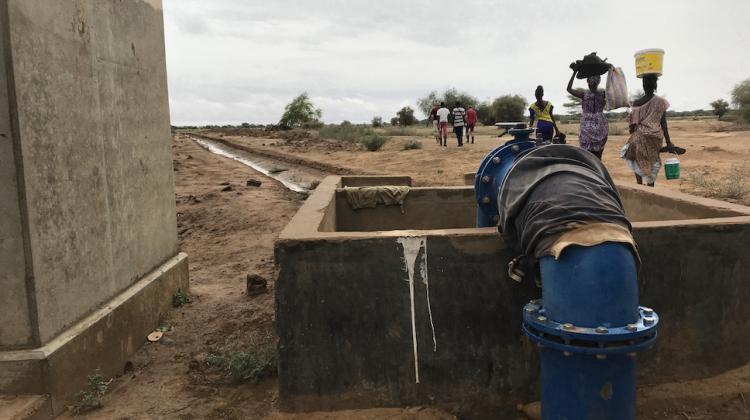The Potential for Private Irrigation in Senegal

Throughout the developing world, the dissemination of irrigation equipment can help farmers mitigate a principle risk of agricultural production: variable rainfall. This risk affects farmers’ food securities, livelihoods, and cropping choices. However, the system of irrigation equipment distribution and use brings about its own risks, both for the farmers that use the equipment and for the shops that distribute it. How these risks are arranged across shops and farmers is a major policy concern. Some arrangements of risk may disadvantage more rural shops and poorer farmers. This study brings together a multidisciplinary faculty and student research team from across MIT to examine under what conditions supply chains and extension services shape risks faced by shops and farmers , using a case study of the Senegalese irrigation sector. This study uses surveys of firms, government officials, voluntary associations, and farmers to characterize the risks inherent to sales, use, and repairs. We pay particular attention to the spatial patterns of risk, and the degree to which those patterns reflect where sales, use, and repairs are located. Irrigation access and availability lies at the center of Senegal’s food security and economic policies. These policies aim to achieve self-sufficiency in irrigated rice production and increases in vegetable production. Like in other countries, these policies rely on private supply chains and large public-private schemes, reflecting reforms in the 1980s that shifted the distribution and management of agricultural equipment to the private sector and pared down the capacity of the public sector to intervene in agricultural markets.
This project was funded by a J-WAFS seed grant.


